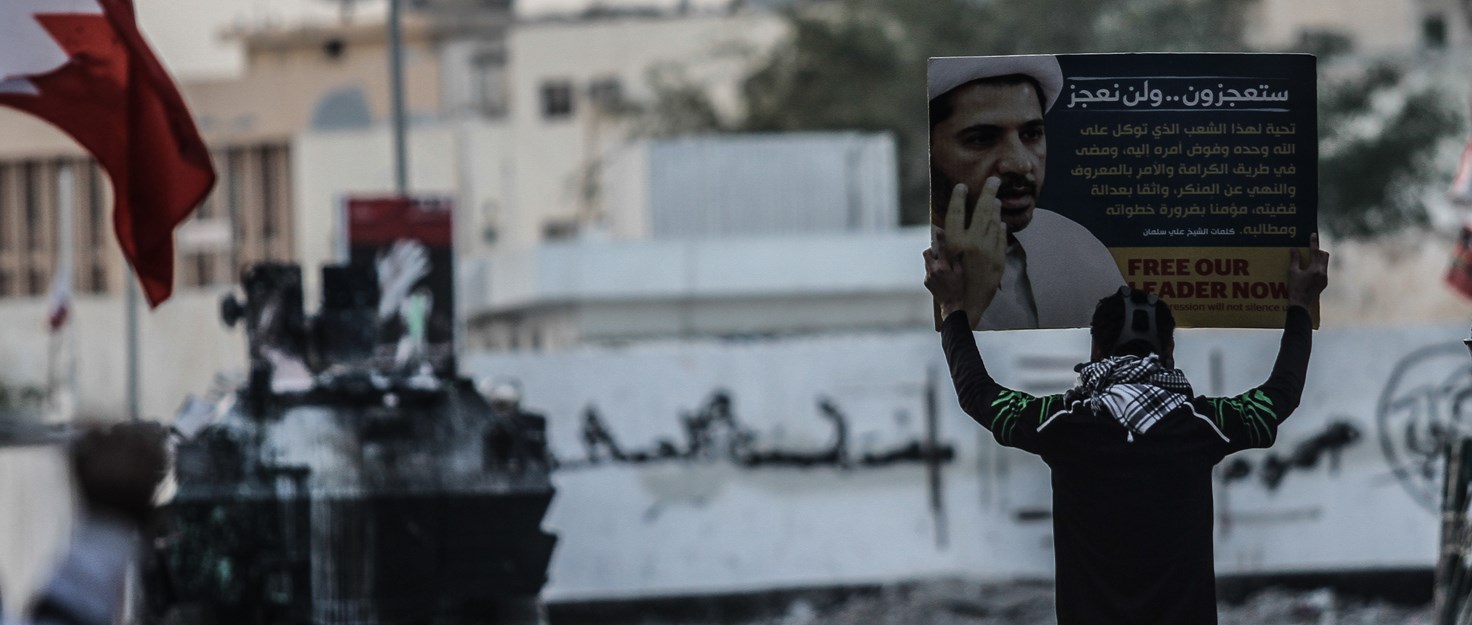Bahrain’s First High Criminal Court sentenced eight suspects to three years in prison over charges of starting a fire and holding an assembly in Salmabad. The Public Prosecution said the suspects started a fire for terrorist purposes on December 27, 2014, putting people’s lives and properties in danger. The prosecution also accused them of participating in a gathering of more than five persons, aiming at disrupting public security, and using violence to achieve their aim.
Passed in 2006, Bahrain’s anti-terror law has been the source of criticism from human rights organizations for its dissonance with international human rights laws. The law has an overly broad definition of terrorism as “some acts are deemed to be acts of terrorism without the intention of causing death or serious bodily injury.” Due to the vagueness of the law, the government can prosecute and hand down harsh sentences for a wide range of offenses. In 2013, the government approved 22 parliamentary recommendations amending the 2006 anti-terror law. These recommendations “toughen penalties in the terrorism law,” and allow for even harsher sentencing guidelines. In this manner, simply lighting tires on fire can be construed as an act of terror. Furthermore, by accusing the suspects of participating in a gathering of more than five persons, the prosecution is able to apply its law on assembly, Law 32/2006, which is just as vague and broad as the anti-terror law. Law 32/2006 provides for numerous regulations in order to carry out a public assembly, including submitting an application to assemble, and notifying the head of Public Security at least three days in advance. The expansion of the anti-terror and assembly laws give the government broad arrest and sentencing powers, such that the act of having five persons gather, and setting tires on fire mandates a multi-year jail term in contradiction to international law.
Tyler Pry is an Advocacy Intern at Americans for Democracy & Human Rights in Bahrain
Photo courtesy of Bahrain Mirror





